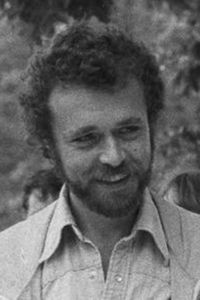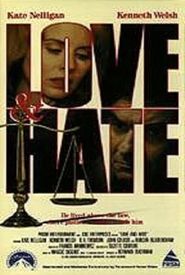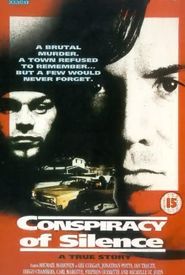Francis Mankiewicz was born in Shangaï in 1944, a distant relative of the renowned filmmaking duo Herman and Joseph Mankiewicz. His family moved to Montreal in 1945, where he spent his childhood.
Francis graduated in Geology from Montreal University in the 1960s and worked in the woods before realizing that geology might not be his true calling. He then enrolled at the London School of Film Technique in 1966 and went on to work as an assistant director on commercial films in Montreal.
In 1972, Mankiewicz directed his first fiction movie, "Le Temps d'une chasse," a character study based on his own screenplay and partly inspired by his days as a geologist. The film was well received by critics and was presented at the Venice Film Festival.
Mankiewicz's second picture, "Une Amie d'enfance," was released in 1978 and was a dramatic comedy based on a theater play by Louis Saïa and Louise Roy. His third film, "Les Bons débarras," was released in 1980 and was an original screenplay by Réjean Ducharme. The film was a milestone in Québécois cinema and won several awards, including best film and best director.
Mankiewicz's next film, "Les Beaux souvenirs," was released in 1981 and was written by Réjean Ducharme. While some critics expressed enthusiasm, the global reaction was lukewarm.
Between 1983 and 1985, Mankiewicz worked on an adaptation of Anne Hébert's novel "Les Fous de Bassan," but left the project after heavy frictions with the producers. He then directed "And Then You Die," an atmospheric thriller that won two Gemini TV awards.
Mankiewicz also directed Sam Shepard's play "Comme une vue" in Montreal, his sole venture in the theater world.
Based on a novel by Jacques Savoie, "Les Portes tournantes" was premiered at the Cannes Film Festival in 1988 and won two Genies.
Mankiewicz then teamed up with Bernard Zuckerman on two mini-series: "Love and Hate" (1990) and "Conspiracy of Silence" (1991). Both performed very well at the Geminis, winning several awards, including best dramatic mini-series and best direction.
Mankiewicz's premature death in 1993 at the age of 49 was a great loss for Canadian and Québécois cinema. His work often focused on family in crisis, relations between adults and children, and echoes from the past.















